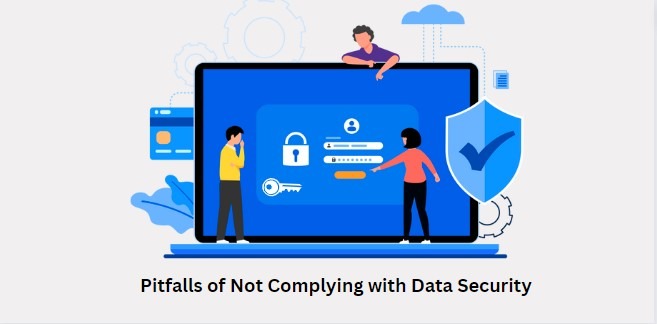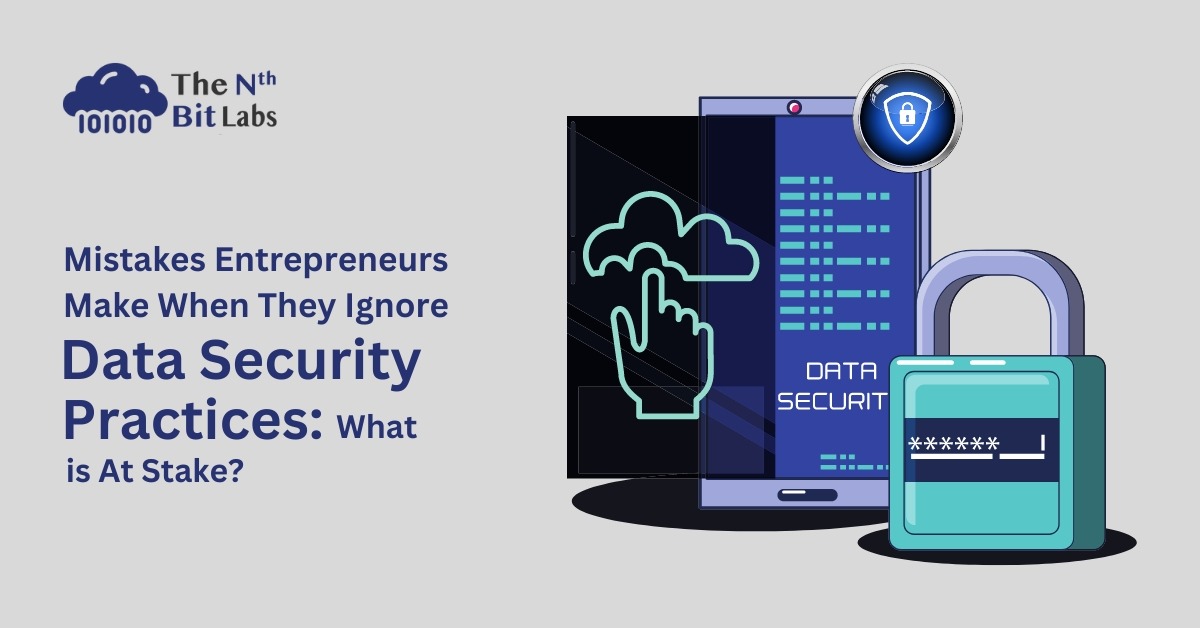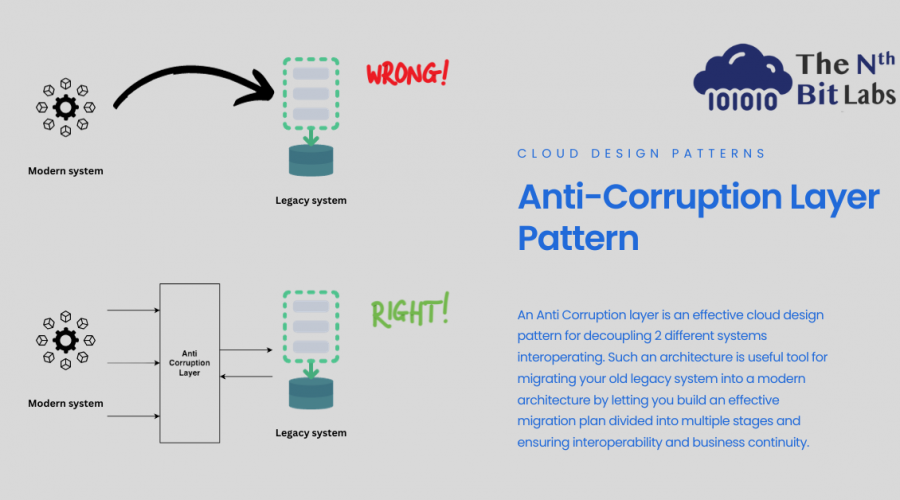“There has been a data breach” are the words no entrepreneur wants to hear. Imagine you are in a situation where your business’ confidential data and sensitive customer information are exposed. You don’t even want to imagine this right? But are you taking enough data security & data privacy measures to protect your business? Maybe not.
Entrepreneurs either overlook data security plans or do not have the proper guidance. They believe their business is secure from all potential data breaches. But then, reality strikes. The firm witnesses a privacy breach, and their world unravels faster than they ever imagined. Panic grips them, trust shatters, and it feels like the entire universe conspires against them.
The words of Simon Sinek, “We are not victims of our situation, we are the architects of it,” resonate deeply in the context of data security. Often, we tend to wait for a tragedy to hit us before we begin seeking solutions to protect our business. This behaviour, as we’ll explore in this two-part blog series, serves as a stark reminder that waiting for disaster to strike isn’t a strategy. We first need to understand what data security is thoroughly and then create a plan to protect our business from data breaches.
In this part, we will discuss the negative consequences of disregarding data security protocols. In part 2 of this blog, we will concentrate on recommended data security measures that businesses should implement to safeguard their information.
Are You Sure Your Business is Safe?
In today’s time, it’s not a matter of ‘if,’ but ‘when’ your business may face a data breach. According to the reports of the Indian Ministry of State for Electronics & Information Technology, India has reported 13.91 Lakh cyber security incidents in 2022. These data breaches not only included large organisations but small and mid-size companies also.
If you’re fortunate enough not to have experienced a data breach yet, the chances are that you might face one in the near future. But in this digital battleground, there exists a beacon of hope— Data Security and Data Privacy. It’s a realm where every click is scrutinised, every breach is thwarted, and every piece of information is shielded.
Now that you’re aware of the significance of data security in safeguarding your business against potential data breaches, let’s delve into what data security entails and how it can be beneficial for you.
What is Data Security?
Data security is like a digital vault for your business’s most valuable information. It’s a set of practices and tools that protect your data from unauthorised access, theft, or damage. Imagine it as a combination lock for your sensitive business data that only you know.
In the online world, where information is constantly moving, data security ensures that your customer details, financial records, and business secrets are safe from hackers and prying eyes. It’s not just about protecting data from theft but also making sure it’s available when you need it.
Think of it this way: If your business were a castle, data security would be a drawbridge and guards that keep intruders out and your treasures safe inside. If you want to keep your business safe then you must pay attention to your data security measures.
Pitfalls of Not Complying with Data Security
Neglecting data security is not just a risk but a potential downfall that no business can afford. Failing to comply with data security can be a costly and damaging mistake. It exposes your business to a myriad of pitfalls, from severe financial penalties and legal troubles to tarnished reputation and loss of customer trust. Here are major data security pitfalls to avoid in your business:

Not Going Beyond Compliance Rules
Businesses need to understand the fact that compliance with data security is not something that you do on paper, it is much more than that. Merely complying with data security regulations is a minimum requirement, but not going beyond it can lead to missed opportunities and increased risks. Going beyond compliance means investing in robust data security strategies, which not only protect data but also enhance the business’s resilience and reputation in an ever-changing digital landscape.
By solely focusing on compliance, entrepreneurs may neglect proactive measures that strengthen their overall security posture. This leaves them vulnerable to evolving threats and may result in customer mistrust if a breach occurs.
Ignoring Centralised Data Security Needs
Neglecting the need for centralised data security is akin to leaving your business’s valuables scattered and unguarded. Without a unified approach, data becomes fragmented and difficult to protect. It increases the risk of oversight, leading to potential vulnerabilities and privacy breaches.
Ignoring this need can result in data chaos, making it challenging to safeguard critical information and jeopardising your business’s reputation. Centralising data security is like putting your business’s most important secrets in a super-secure, one-stop safe – a smart move for your business’s safety and success. This means fewer chances of a breach and less confusion about what’s secure. Plus, it saves time and effort.
Centralised data security works as a single stronghold that shields your business from chaos. It is a vigilant guardian, standing watch over your valuable information. Without it, your data is scattered and vulnerable, like a treasure map in pieces. Centralisation means to control, efficiency, and better defence against data threats.
Neglecting Ownership of Data
Establishing ownership is crucial for businesses in terms of data security because its absence can lead to confusion and vulnerability. When no one is responsible for data, there’s a risk of neglect or mismanagement. Data may be left unguarded, mishandled, or fall into the wrong hands. This lack of accountability can result in data breaches, legal issues, and reputational damage.
Establishing ownership ensures that someone is accountable for data protection, creating a structured approach to safeguarding sensitive information and reducing the likelihood of costly data-related problems.
Ignoring the Obvious Vulnerabilities
Failing to address known vulnerabilities is critical for businesses in the context of data security because it’s like leaving the front door unlocked when you know it’s broken. Ignoring known weaknesses in your digital systems creates an opportunity for potential data spill. They can exploit these vulnerabilities to breach your data defences, potentially leading to data theft, financial losses, and reputational damage.
Proactively fixing known vulnerabilities is related to reinforcing your business’s armour, ensuring that your data remains safe and secure against the constant threats in the digital landscape. It’s a vital aspect of responsible data security management.
Conclusion
Data Security is a game of wits, a high-stakes battle of minds where a single mistake can lead to irrevocable damage. The battle is between you protecting your business and the attacker trying to get access to your business. Now you decide how you will protect your business because without data security, your business is not safe and that is for sure.
Up to this point, you’ve learned about the mistakes you’ve made that could jeopardise your business’s safety. Read the next part where we’ll unveil the top-notch data security practices, you can embrace to protect your business. But that’s not all – in the upcoming part, we’ll also dive deep into the world of disaster recovery plans, your ultimate safeguard for business resilience. Don’t miss out on these crucial insights!






